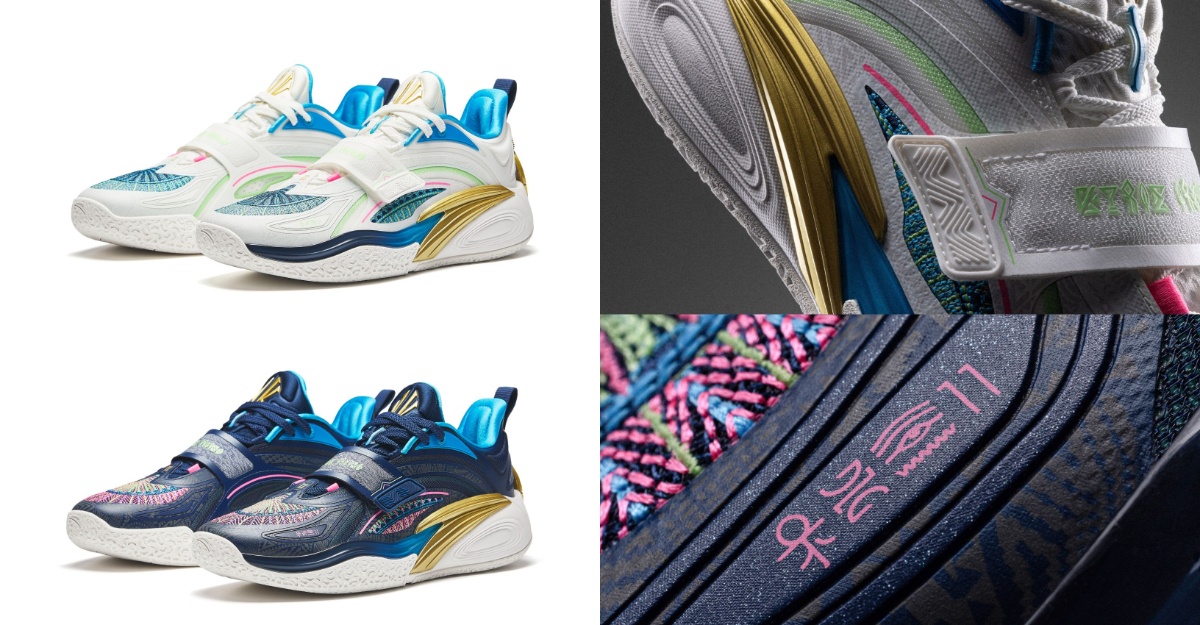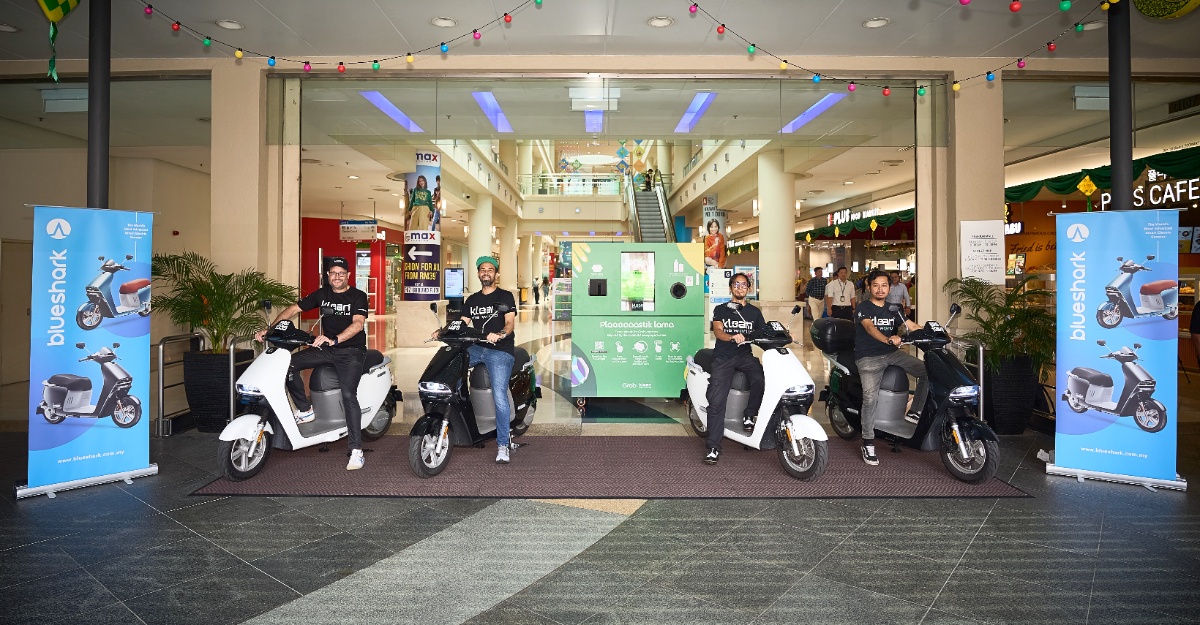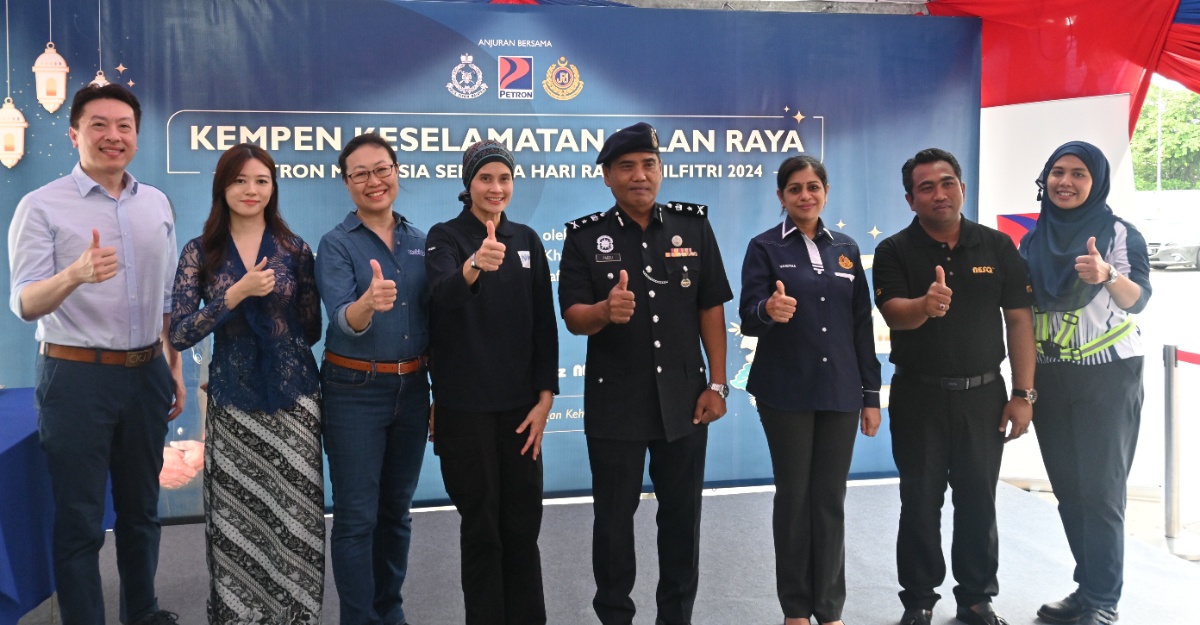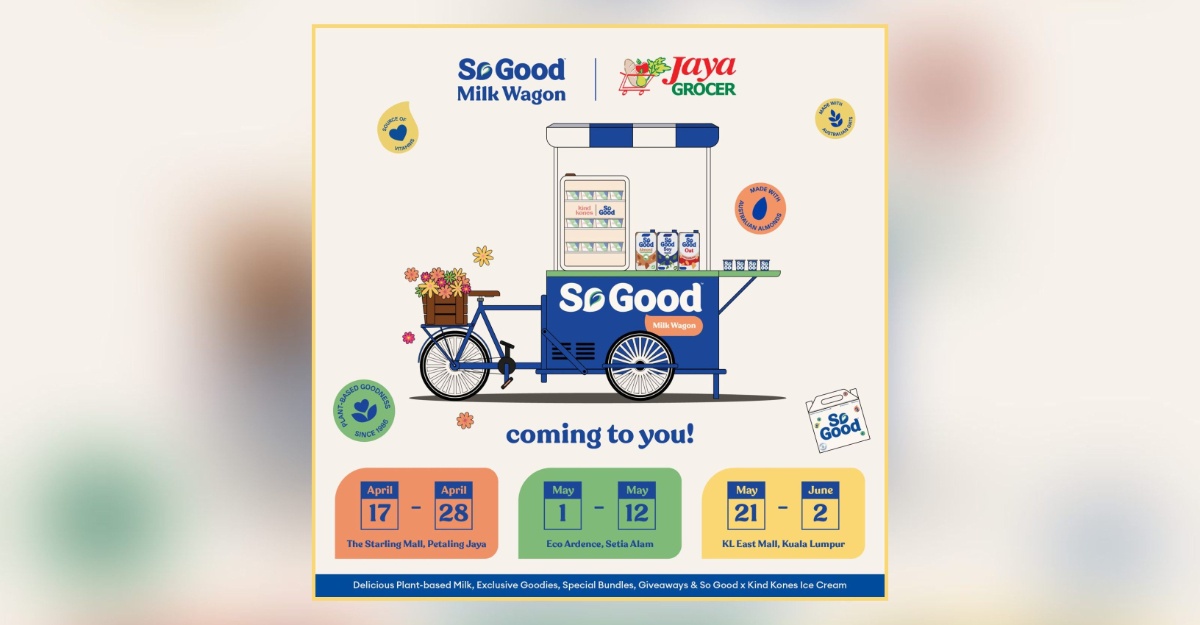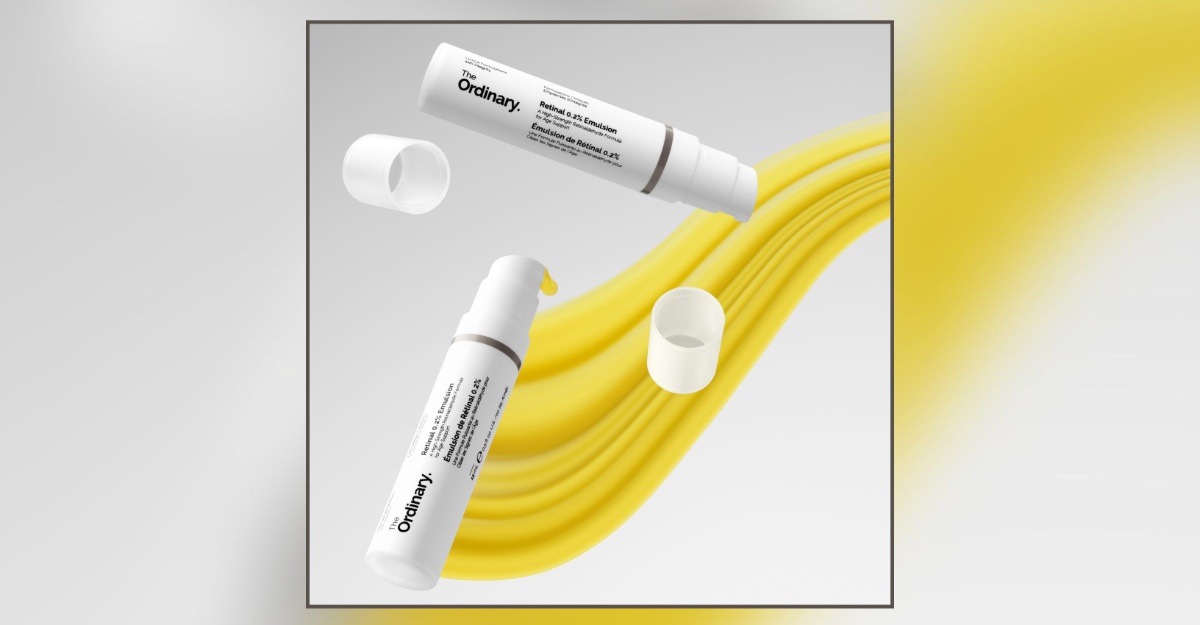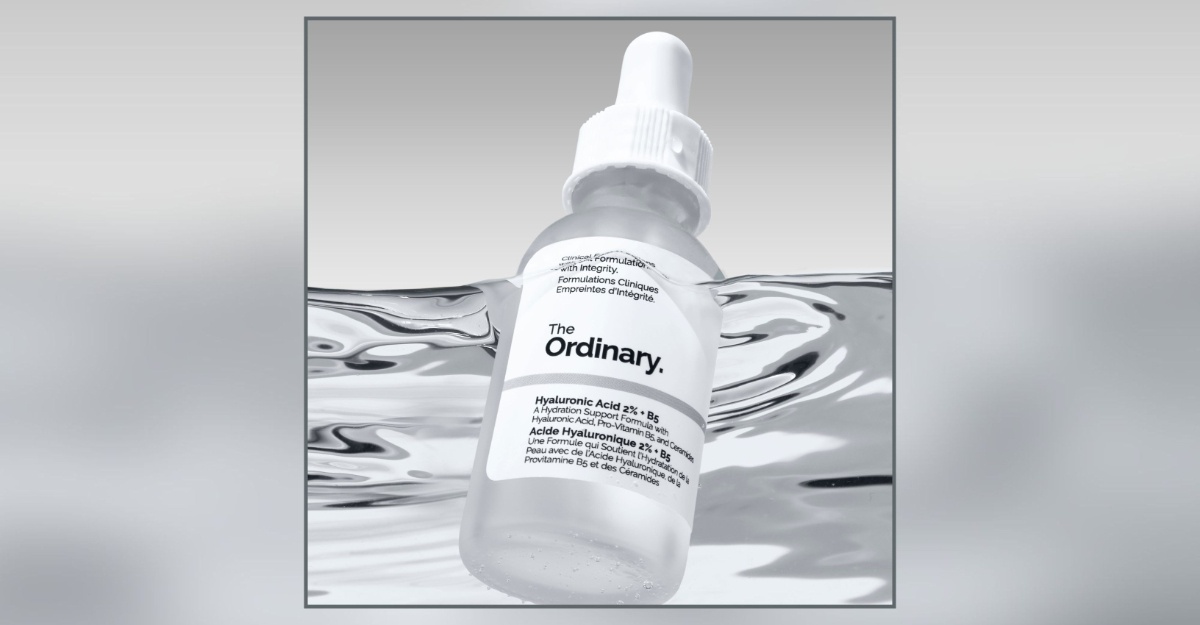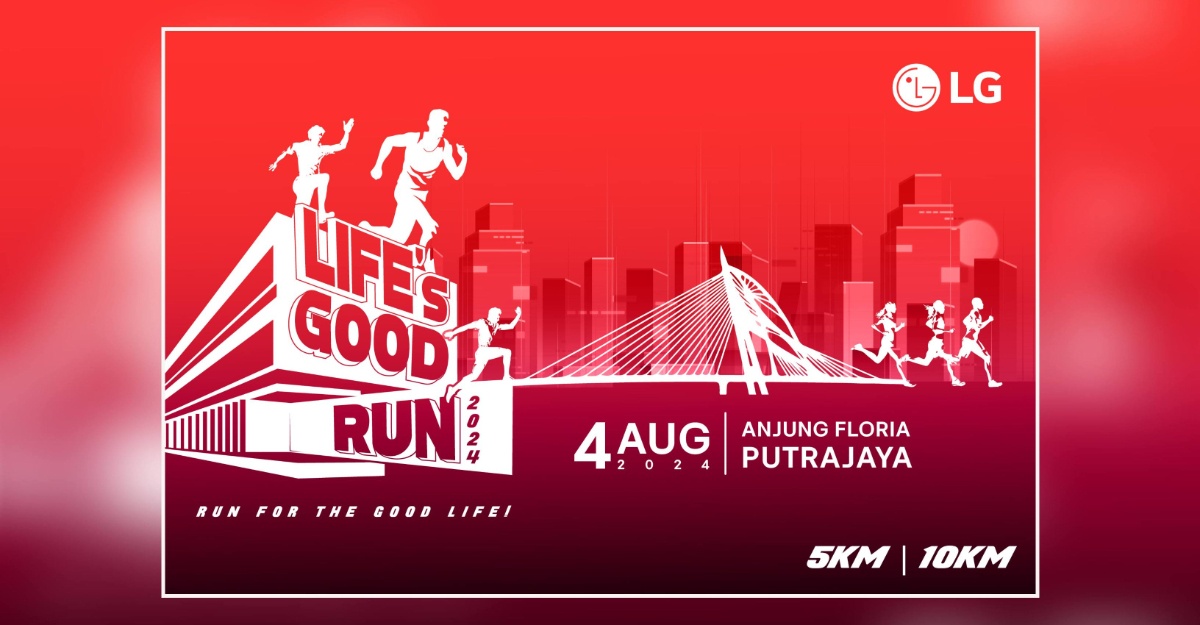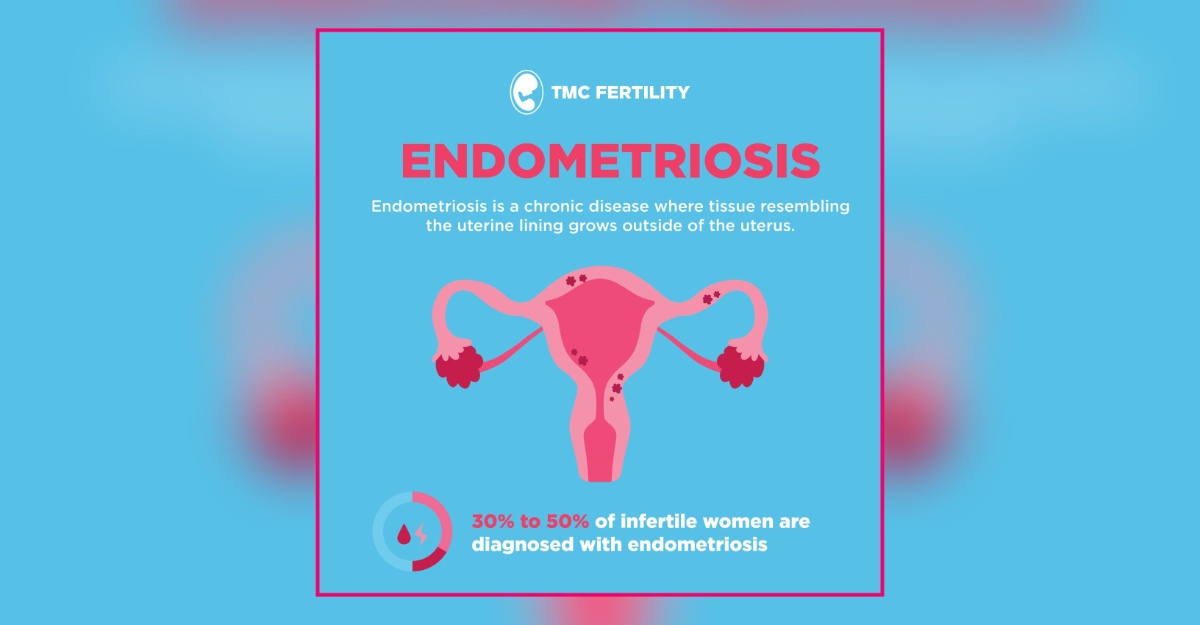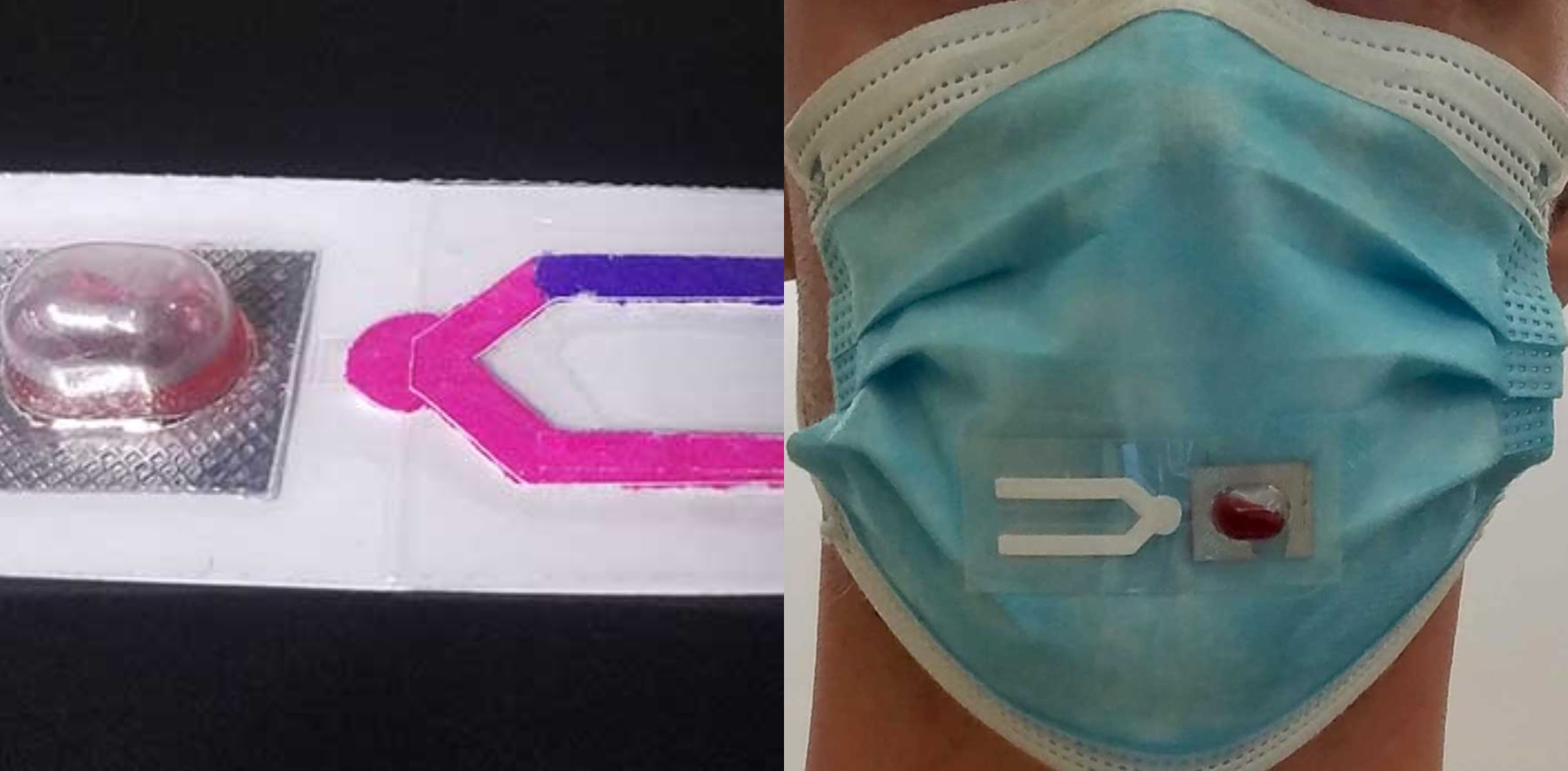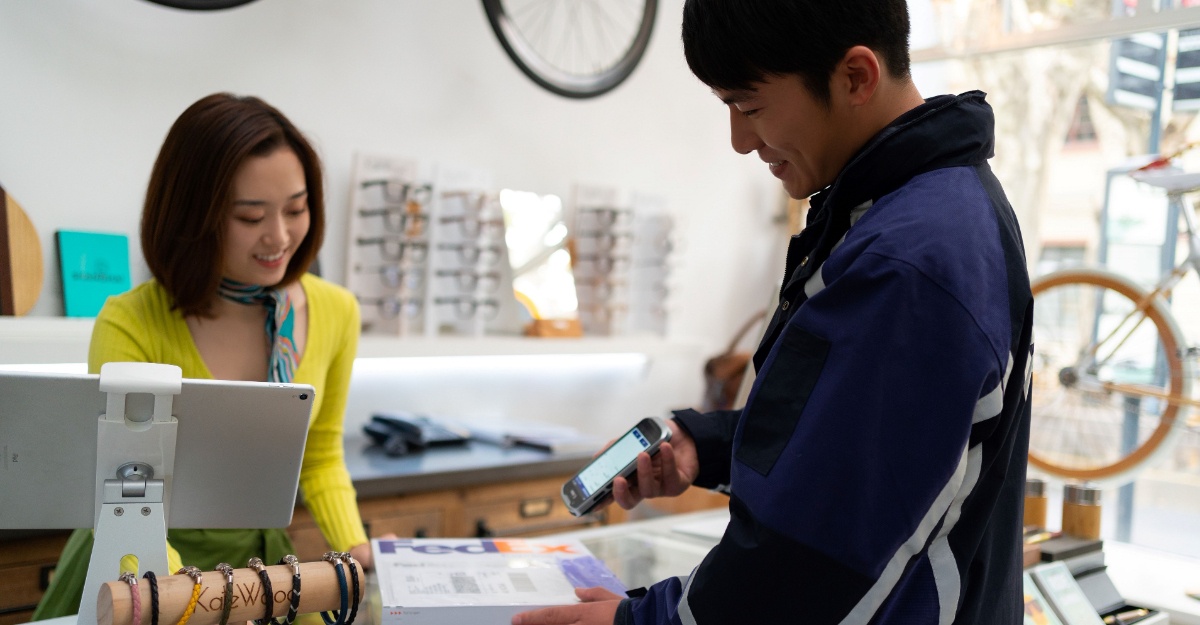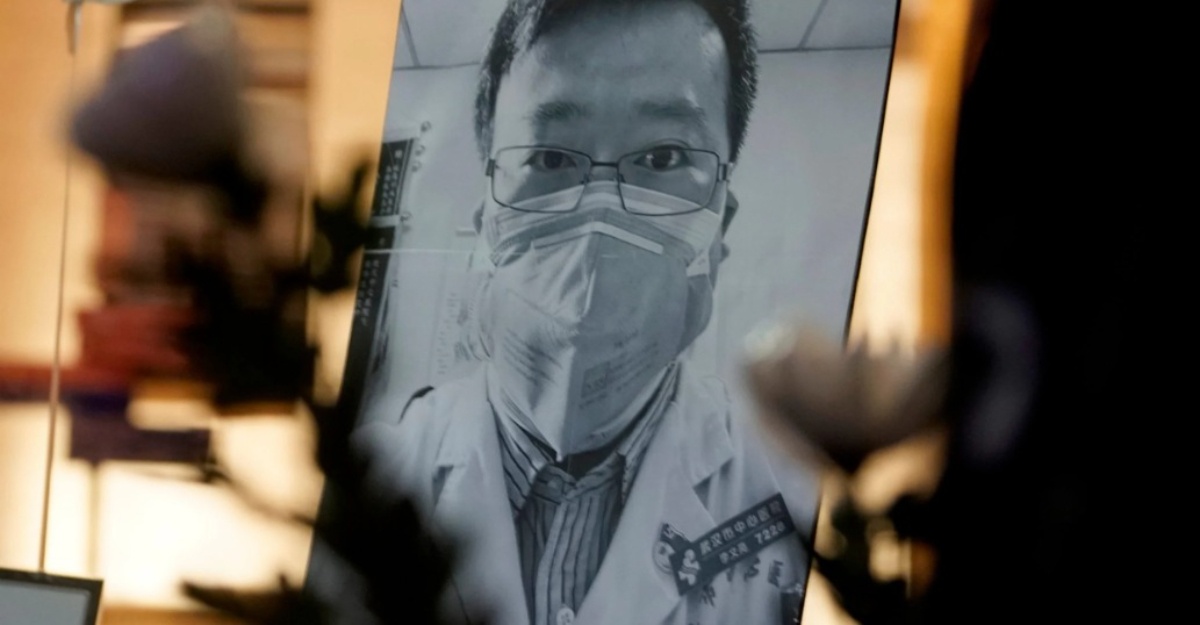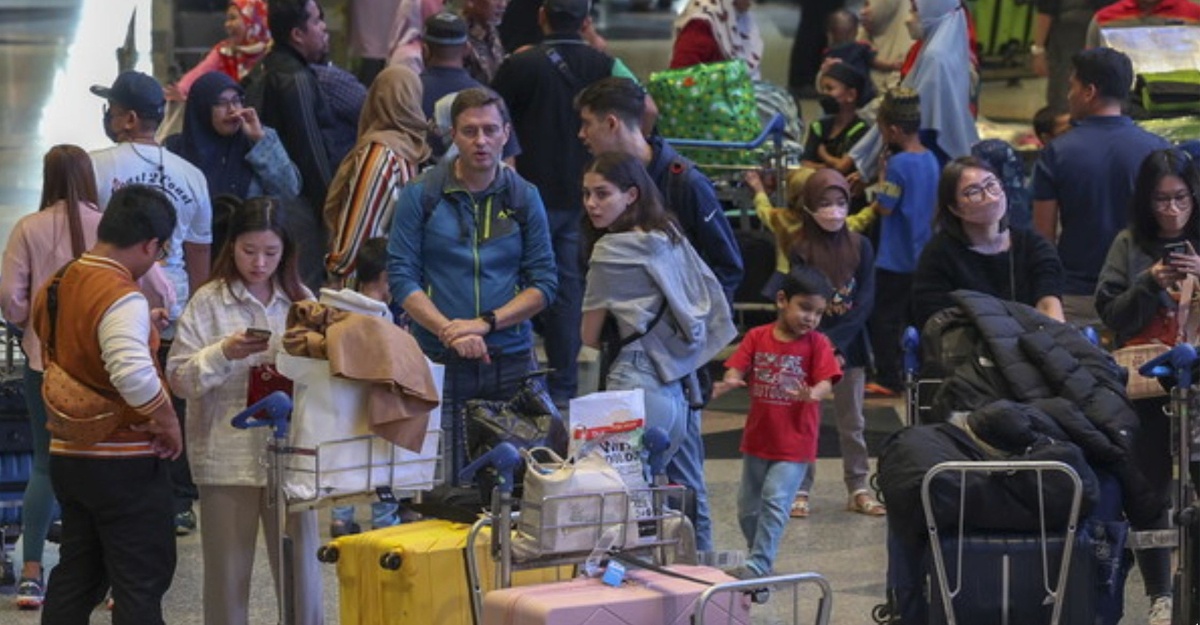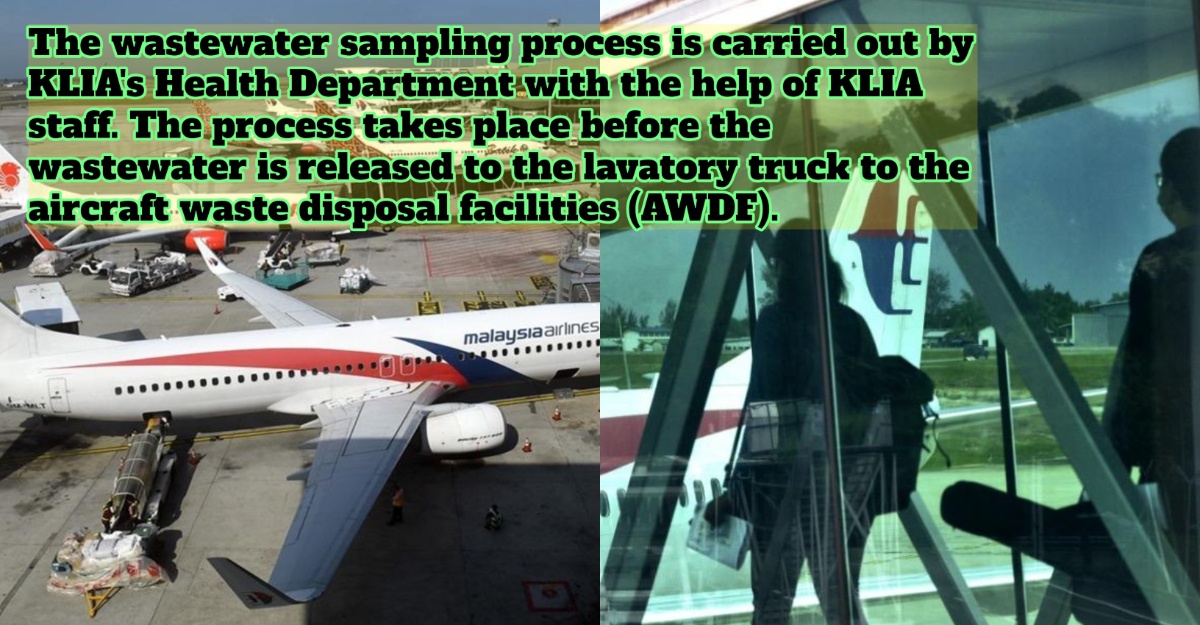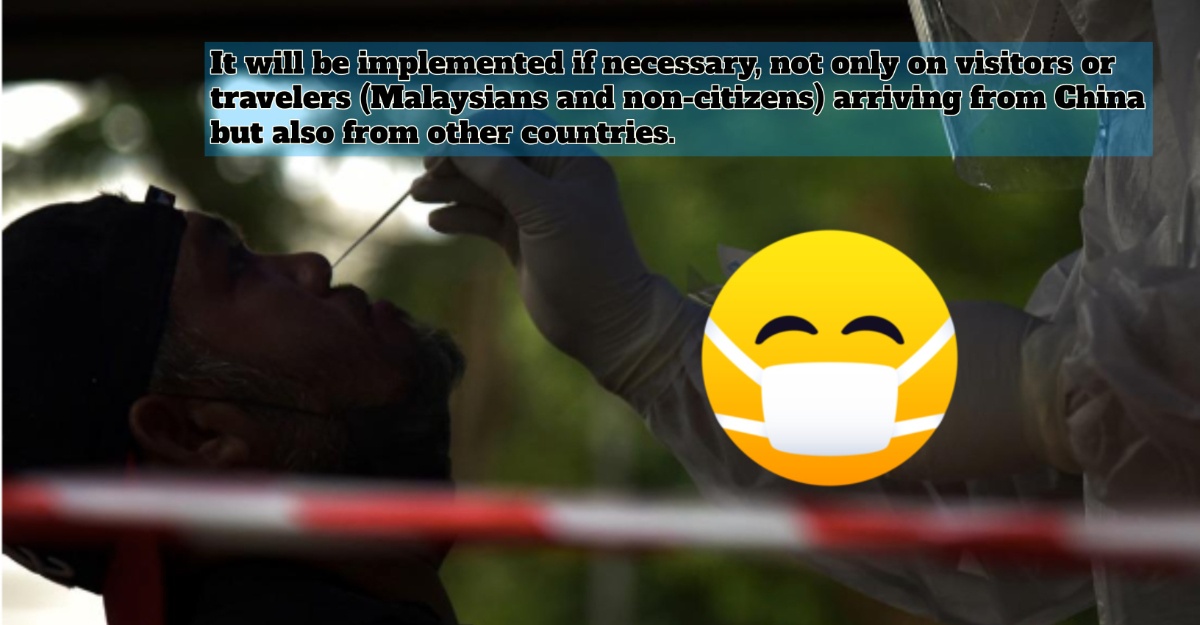A new method for COVID-19 tracking could be right under your nose one day. A color-changing test strip that can be stuck on a mask and used to classify SARS-CoV-2 in the breath or saliva of a user is being developed by researchers at the University of California San Diego (UCSD).
The project, which obtained $1.3 million from the National Institutes of Health, aims to provide easy, inexpensive, and accurate testing for infections with COVID-19 that can be conducted daily and easily in resource-poor environments. It is part of the RADx-rad (Rapid Acceleration of Diagnostics Radical) program for COVID-19 by the NIH.
“In many ways, masks are the perfect ‘wearable’ sensor for our current world,” said Jesse Jokerst, professor of nanoengineering at the UC San Diego Jacobs School of Engineering and lead principal investigator of the project.
“We’re taking what many people are already wearing and repurposing them, so we can quickly and easily identify new infections and protect vulnerable communities.”
The team will develop test strips or stickers that can be added to any mask (N95, surgical, or cloth). They will be designed to detect the presence of protein-cleaving molecules, called proteases, formed by the SARS-CoV-2 virus infection.
The concept is that particles, like SARS-CoV-2 proteases if the user is contaminated, will collect in the test strip as the user breathes through the mask. The user can administer the test at the end of the day or during a mask shift. In the presence of the SARS-CoV-2 proteases, the test strip is fitted with a blister pack that the consumer can pinch, releasing nanoparticles that alter the color.
A control line on the test strip will show what a positive result should look like. It would be similar to checking the results of a home pregnancy test.
“Think of this as a surveillance approach, similar to having a smoke detector in your house,” he said. “This would just sit in the background every day and if it gets triggered, then you know there’s a problem and that’s when you would look into it with more sophisticated testing.”
The test strips can be easily mass-produced via roll-to-roll processing. This would keep costs down to a few cents per strip.
“We want this to be affordable enough for daily testing,” Jokerst said. This would allow facilities at high risks such as group homes, prisons, dialysis clinics, and homeless shelters to monitor for new infections earlier and more frequently to reduce spread, he said.
Potential tool against future outbreaks
This technology can translate to future coronavirus outbreaks, Jokerst said. “The proteases we’re detecting here are the same ones present in infections with the original SARS virus from 2003 as well as the MERS virus, so it would not be too far of a stretch to imagine that we could still benefit from this work, later on, should future pandemics emerge.”
And even with the ongoing vaccination campaigns, this surveillance strategy may be deployed in areas of the world where the delivery of vaccines is not yet available or is still limited.
Source: UCSD News





